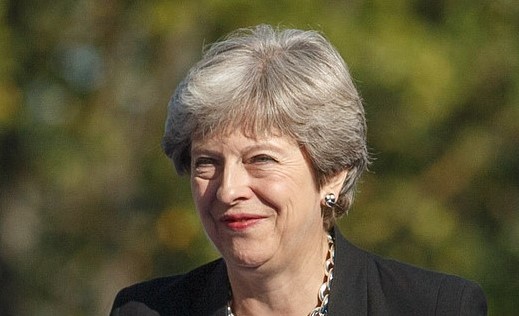If British Prime Minister Theresa May is toppled – punished for her handling of her country’s divorce deal with the European Union, or if she fails to reach a Brexit agreement either with the EU or her own parliament, the UK is doomed to plunge into crisis.
Crisis is on the cards, according to many opponents of Brexit. After all, May’s minority government is now propped up by nine Democratic Unionist Party lawmakers from Northern Ireland.
As reported by the Reuters news agency, May’s Conservative Party, which has grappled with schism over Europe for 30 years, is in open conflict and some lawmakers want a change of leader to be tougher in Brexit negotiations.
If May fell, the Conservative Party would have to select a new leader, a step that would delay already tight negotiations. A national election is possible, though not legally necessary.
Opinion polls, though, show the United Kingdom is divided in its support for Brexit and political parties: no party has a clear enough lead to confidently predict victory in an election.
Possible successors to May include Boris Johnson, her former foreign secretary, interior minister Sajid Javid, environment minister Michael Gove or Dominic Raab, her new Brexit minister.
Other possible contenders include Tom Tugendhat, a former soldier and chair of the Foreign Affairs Select Committee, or lawmaker Jacob Rees-Mogg.
Meanwhile, both London and Brussels say they want to get a divorce deal at the October 18 EU Council but diplomats think that target date is too optimistic.
But for this to happen, both sides need to agree on the Withdrawal Agreement Treaty (currently 129 pages long) and a political declaration on the framework for a future relationship. The political declaration could set out aims in general terms.
EU Brexit negotiator Michel Barnier rejected key elements of May’s new trade proposals last month.
Meanwhile, the findings of a YouGov poll, conducted between July 31 and August 7 and commissioned by the pro-referendum “People’s Vote” campaign, found 45% of voters supported holding a new referendum whatever the outcome of talks with the EU, while 34% opposed it.

